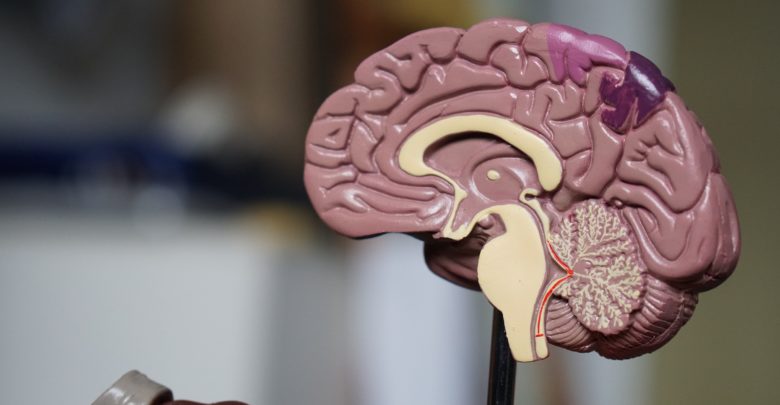 Robina Weermeijer
Robina WeermeijerA recent study at the University of Alberta explored the underlying biological connection between childhood trauma and an increased risk of developing depression in adulthood.
Peter Silverstone, a full-time psychology professor and interim chair in the department of psychiatry, was part of the research team that determined childhood adversity may introduce lasting changes in key brain structures. Specifically, differences in brain regions involved in regulating mood and anxiety such as the amygdala and hippocampus can be identified in depressed adult patients.
“[The amygdala and hippocampus] do not seem to have developed as well in patients who had early trauma, stress and adverse experiences compared to people who didn’t,” Silverstone explained. “Changes in these two tiny regions in this tiny part of the brain may underlie the link we’ve known about between having problems as a child and developing depression later in life.”
Participants of the study included patients diagnosed with mild to severe depression with a history of childhood physical, emotional or sexual abuse and neglect. The study found the amygdala and hippocampus may become “maladaptive” in adults, reducing their tolerance for stressful situations.
Though the study took over six years, Silverstone was enthusiastic about their findings and hopeful of its implications on mental health resources.
“I’m super proud to be associated [with the research] because I actually think this is a really important finding due to its ability to tie together [childhood adversity and brain development] and to detect it decades later,” Silverstone said. “I think that is the most striking thing about it.”
He also believes the study was published during a time when mental health issues are being given more attention.
“One thing the COVID-19 crisis has done — and this is not a silver lining — is make people more aware of mental health issues, more open to addressing them and identifying them, which simply wasn’t the case a while ago,” Silverstone explained.
Silverstone said the next step in the research is investigating whether the effects of childhood trauma on the brain can be reversed through appropriate and novel treatments.
While he acknowledges further investigation is still required, he is encouraged by recent findings.
“There is preliminary evidence to suggest that regrowth can occur in these brain regions and some very recent, very exciting, and intriguing research suggests some regrowth may occur,” Silverstone stated.
Currently, he is using his research to implement new treatments for psychiatric disorders through his company, PsiloTec Health Solutions. The company’s focus is on psychedelic treatments, which involve controlled administration of hallucinogens such as therapy mushrooms, as well as virtual-based therapies.
“It’s exciting times — in a way, I would say we haven’t had exciting times in mental health for a while, but we do have genuinely novel treatments that may offer profound benefits,” Silverstone said.
“What we really are hoping for is that this issue is recognized and regulatory changes occur to allow us to prescribe these [treatments] for appropriate patients. That isn’t the situation yet, but I hope it will be.”




